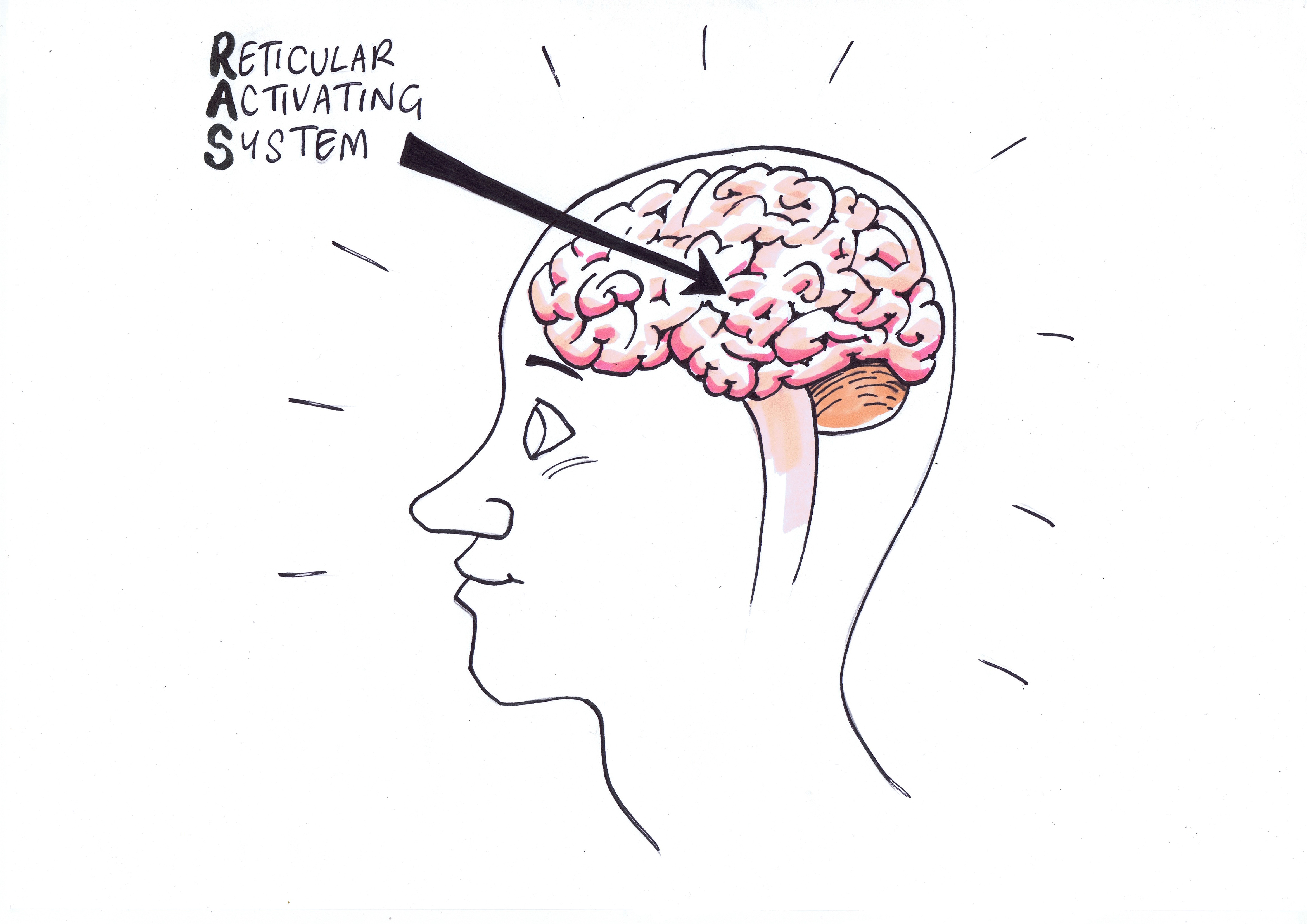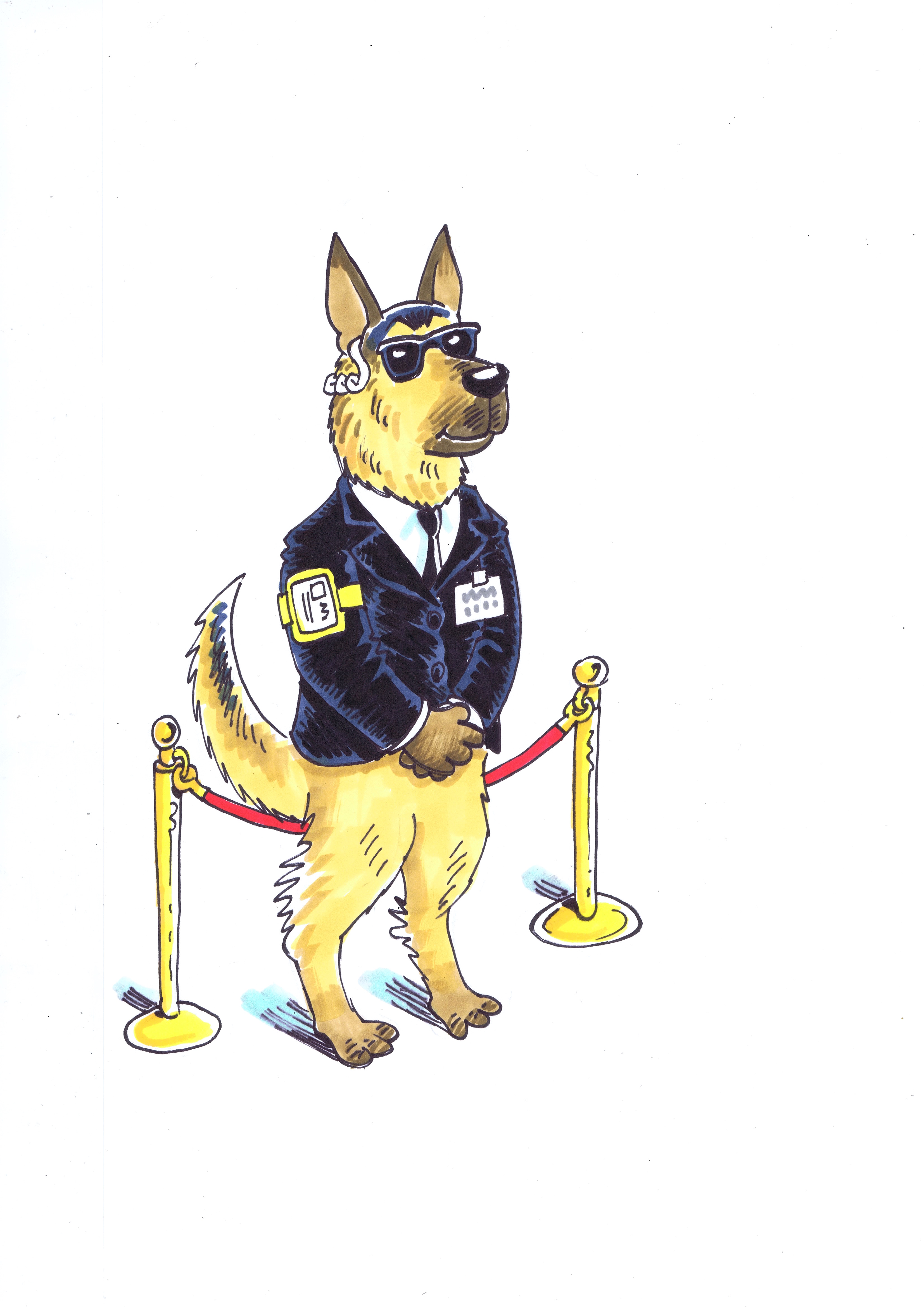Becoming Better – Where To Start
BECOMING BETTER
Listening to Michelle Obama begin to narrate her autobiography ‘Becoming’, I found myself wandering into the world of her childhood. The calm, soothing tone of her voice and the deliciously detailed descriptions made me feel like I’d drifted through a time portal.
She begins by introducing her family, the first home she remembers and… the story of how she began learning piano at about the age of four. My ears pricked up! Because playing the piano is a fine motor skill like handwriting. A skill that we automate by practising just like a pianist. And I’m always listening out for comparable examples to share to help explain development and improvement to others.
Once these skills are automated we free up working memory to focus on other creative details that can result in beautifully emotive music or inspiring writing.
Michelle describes that early experience of learning thoroughly and carefully. It’s a fascinating and revealing account of the interactions with Great Aunt Robbie (her teacher), her emotions, motivation, environment and snatched opportunities (aside from the physical skill development).
We often take our movement (motor) skills for granted don’t you think? Important activities that give us independence, help us move to safety and communicate effectively - things like walking, driving, swimming … and writing. Even talking requires mastering control of facial muscles and the tongue.
The small actions we took, practised and repeated which meant we mastered those activities are long forgotten (take ‘mastered’ as meaning ‘became able to do reasonably well without conscious awareness’).
We are generally too busy and distracted with the demands of today to take time to pause and reflect. UNLESS there is a reason to. Like wanting to develop a new skill, better an existing one or relearning a lost one. Or finding we need or want to teach someone else.
Then it’s time to apply conscious thought and effort.
WHERE TO START
The first stage in developing, improving or changing anything, is to slow down and start to pay attention. Notice what’s happening right now. Make the unconscious conscious. Direct your Reticular Activating System to what YOU have decided is a priority. You are in control of your mind. It’s there to serve you but sometimes it needs direction and boundaries.

If you haven’t heard of the RAS, it’s a network of neurons located in the brain stem. It acts like a nightclub bouncer filtering out the riff-raff; it surveys and scans the mass of information that’s trying to get through the doors of your mind… deciding what gets in, what needs to join the back of the queue, and what needs to go and change out of trainers or get a better fake ID. It prioritises for you without you realising.

The good news is the RAS is your employee, taking care of things when you’re otherwise occupied. You’d be overwhelmed without it as all that information would stampede in and random victims would be crushed or thrown aside and lost. Be grateful for your RAS but remember YOU are the boss and YOU can override it. Final decisions are yours.
So if you want to develop a skill, change a habit or help someone else to, don’t rush then give up because you think it’s not working or you’ve failed. Start by deliberately slowing down and noticing what’s going on. Then you can think about becoming better and prioritise step by step actions that will move you in the right direction.
If you struggle to slow down just listen to Michelle tell her story. It’s mesmerising.

